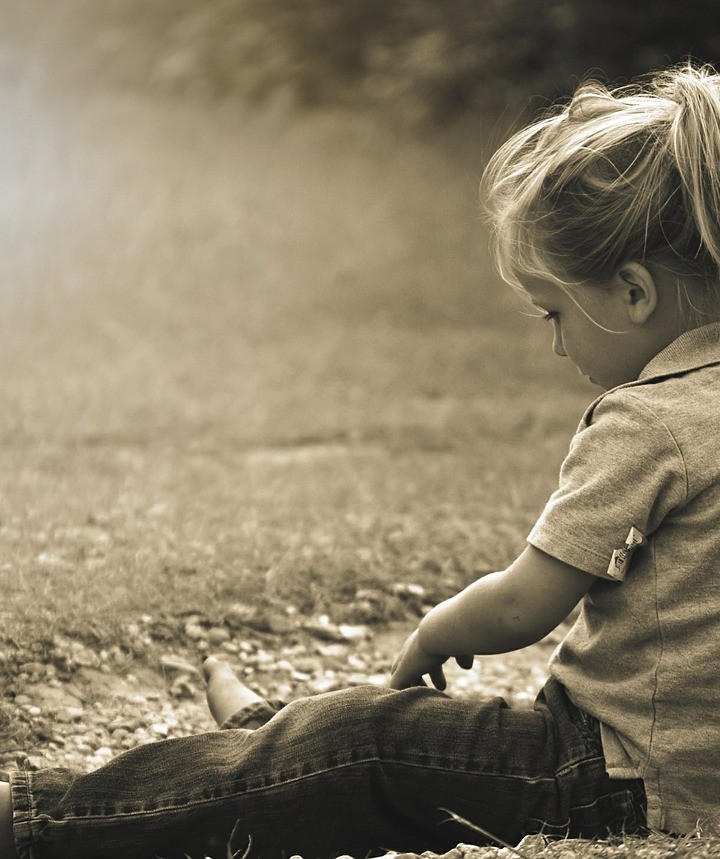One of the hardest things for parents who are divorcing to do is find the best way to tell their children. We’ve asked Jill Valenti, a Family Counselor & Parenting Coach, to share some ideas about how to talk with your kids about divorce. Jill has been certified to lead the Quality Parenting Program, is a co-founder of jillvalenticoach.com, and currently offers a monthly support group for parents of pre-teens.
Preparation for the Conversation
Plan for both parents to be present when you talk to your kids about the divorce. Have a mutual plan on what each of you will say and how you will respond to questions.
Be prepared to compartmentalize your feelings. Whatever is going on between the two of you, you MUST be able to put it all aside and behave like the adults you are for the sake of your children. This is absolutely necessary if you want the conversation with your children to go well. If one of you thinks he or she may be unable to remain calm and neutral during the discussion, it would be wise to talk with a counselor beforehand to help them be better prepared to do this.
You also need to be prepared for your children’s reactions, which can include sadness, anger, fear, confusion, shame, guilt, relief, refusal to take it all in, and worry about who will take care of them. Whatever their reaction, tell yourself that you will remain calm. Resolve to keep your own emotions in check so you can focus on your children.
During the Conversation
Start by explaining to them why you are getting a divorce, without going into too much detail, and without any mention of fault or blame. Be sure to tell them that the reasons for the divorce has nothing to do with them – they are not the problem.
Both of you should remind the children (repeatedly) that you love them, and that nothing that happens between Mom and Dad will ever change that.
Talk to them about what will change in their lives. Explain the plans about which parent they will be living with, and how they will spend time with the parent they won’t be living with full-time anymore. If you don’t yet know all the facts about the new living situations, tell them that you are still working that out and deciding what is best. Reassure them about the things you do know, including what will not be changing.
Ask them if they have any questions, and answer them as candidly as possible. But remember to answer only the immediate questions they are asking. Don’t overwhelm them with information that could give rise to negative feelings and thoughts they didn’t even have before they were mentioned.
Encourage your children to express their thoughts and feelings. Reassure them that whatever they are feeling is normal and permissable, and can be talked about. Let them know that it’s okay to be angry, want to be by themselves, or cry, but that they also need to talk to you about how they are feeling inside, and what they are thinking about.
Assure your children that the bad feelings they are having won’t last forever, and that there are things they can do to help themselves feel better. Name other adults (such as grandparents, aunts, uncles) by name as people they can turn to for comfort and advice. If you think it would help them to talk with a counselor, tell them you can arrange that.
If they get up and leave the room, give them a few minutes break; then BOTH PARENTS should go to the room they are in and talk with them.
If at any time you or your spouse start to lose emotional control, take a “time out” to regain composure, then resume the conversation when you can focus your attention on your children.
After the Conversation
Plan on having several follow-up discussions with both parents present. When you first tell your children about the divorce, it will initially be a shock and they may not be able to process everything the first time around. Later, when they’ve had time to think about it, they will probably have new questions to ask. In follow-up discussions, they will be better able to hear and understand what you are trying to get across.
It’s important to tell the adults your children see regularly about your divorce plans. This would include their teachers, counselors, baby-sitters and other caregivers, and the parents of their close friends. This information will help them understand significant changes in your children’s behavior. Ask them to keep you informed about such changes so you can talk to your children about it. If they are really struggling with anger or acting out behavior, it would be a good idea to turn to a counselor or therapist for help.
Jill Valenti, Family Counselor & Parenting Coach
Call 415-302-0095 or email: jillvalenti@gmail.com
jillvalenticoach.com
Our Divorce With Dignity divorce facilitators are sensitive to the issues surrounding divorce. We take a holistic approach to divorce, assisting our clients not only with the divorce paperwork and court filings, but with referrals to other professionals who can help them through the complexities of divorce, such as counselors and parenting coaches like Jill Valenti. To learn more about our services, please visit our website.


